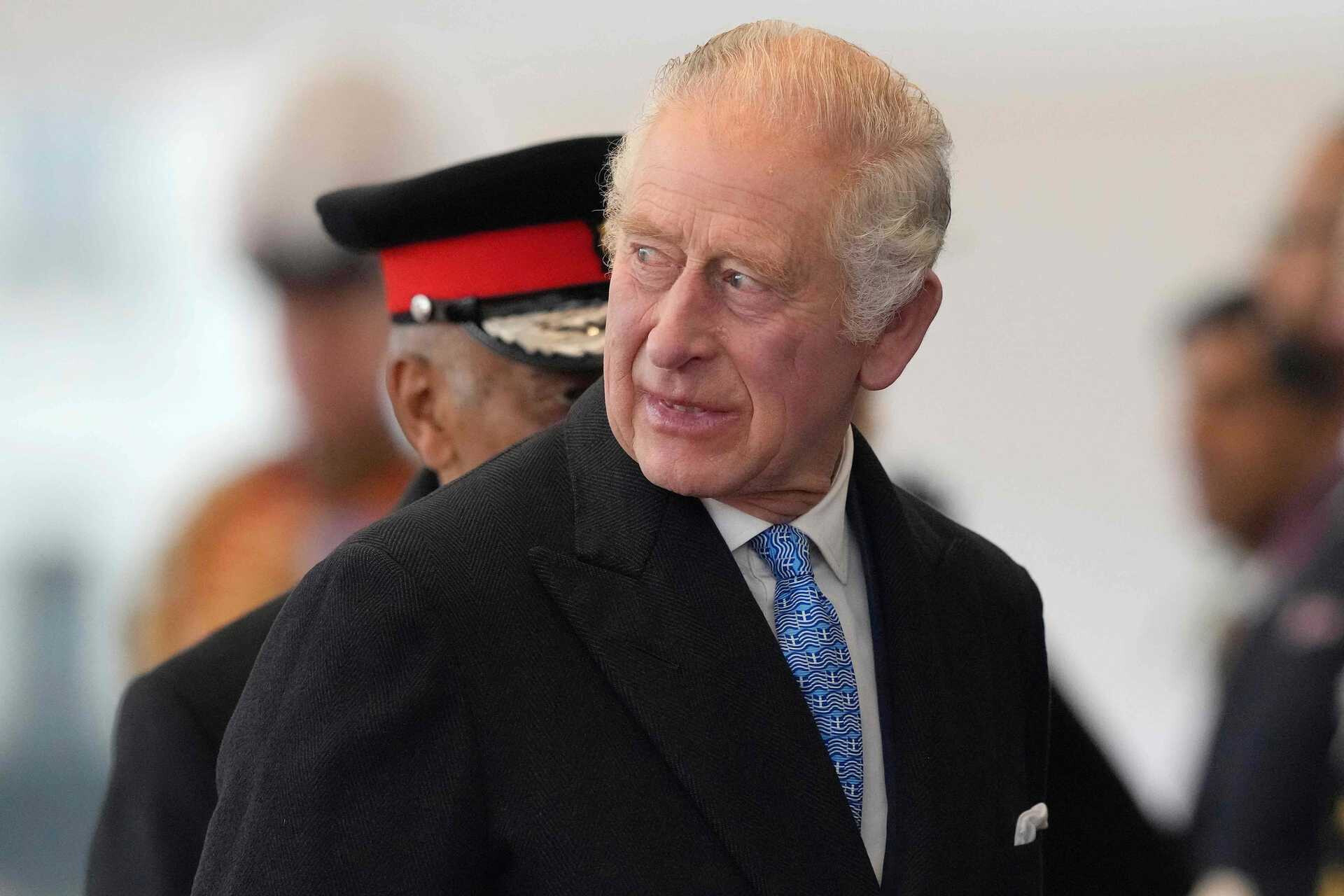The British royal family will have collected more than 60 million pounds (equivalent to 69 million euros) in the last ten years through a system in place since the Middle Ages in the Duchy of Lancaster, where financial assets, “bona vacantia” (property without an owner) , for people who died without a will or their relatives inherit the duchy, according to an investigation conducted by the British daily newspaper “The Guardian”.
Over the decades, the monarchy has ensured that the proceeds of this estate are donated to social solidarity institutions. Now, The Guardian has seen internal documents from the Duchy showing that only a small portion of revenues are donated to these institutions. The documents “reveal that the money is there It is secretly used to finance the renovation of the king’s properties and rented out for profit.“, writes the newspaper.
The duchy in question was, in the Middle Ages, known as the County of Lancashire and currently includes the city of Lancashire as well as Merseyside, Grand Manchester, Cheshire and Cumbria.
This investigation found that in 2020, a duchy measure, called “SA9”, gave royal officials a license to use these funds across a wide range of the royal portfolio. The document states that in this way there could be an “incidental” benefit to the king’s personal income.
Semi-detached houses, holiday rental homes, cottages, farms, old gas station and barns are among the properties eligible to use income from “good vacancy”. Funds from deceased citizens allowed the roofs and doors to be renovated and double-glazed windows and boilers to be installed. The farmhouse was remodeled into an office building.
A source linked to the Duchy of Lancaster said in an interview with The Guardian that duchy officials view these expenses as “free money” and a “secret fund.” Another source reported that the king agreed to continue the policy of using “charitable” funds to “restore and repair eligible buildings in order to protect and preserve them for future generations.”
The aim of renovating the estates is to generate more profitable rents, indirectly benefiting the king, who receives millions of pounds in profits from the duchy each year. In just the first year of his reign, Charles III had already received £26 million (nearly €30 million) from the Duchy of Lancaster.
According to the British newspaper, there are dozens of people whose money was transferred to the king’s hereditary property after their death in the regions of Preston, Manchester, Burnley, Blackburn, Liverpool, Ulverston, and Oldham, in the northwestern region of the kingdom.
The group of deceased includes citizens who lived in dilapidated places or in social housing. Friends of the people concerned find the practice “disgusting”, “shocking” and “immoral”.
The Duchy of Lancaster and Cornwall are the only ones since the Middle Ages that have been able to raise this money.
The royal family refused to comment on the case.

“Infuriatingly humble analyst. Bacon maven. Proud food specialist. Certified reader. Avid writer. Zombie advocate. Incurable problem solver.”

